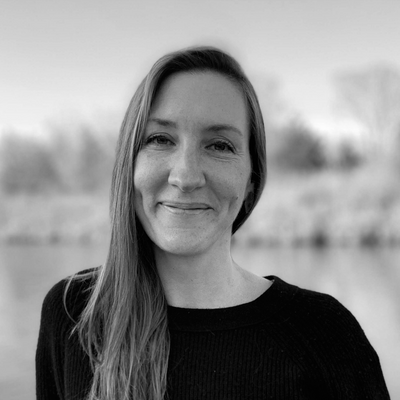 FLICKR, THOMAS HAWK
FLICKR, THOMAS HAWK
It's a perennial complaint among scientists: grant writing takes up too much time. “I think that there's pretty much wide agreement that scientists have to spend a lot of time to write proposals, to review proposals, to write progress reports, final reports, and do lots of things that are not necessarily contributing to science,” said John Ioannidis, a professor at Stanford University's School of Medicine.
But it isn't just time that's spent unwisely, but billions and billions of dollars that could be allocated in smarter ways, Ioannidis wrote in a comment in today's Nature. The Scientist spoke with Ioannidis about his ideas to fix science funding in the United States.
The Scientist: What are the current problems with the way science is funded in America?
John Ioannidis:I think that the way that the funding system works, people have to promise something that is exaggerated. They...
Or they have to promise something that would be highly predictable. It's something that they may have already done or that they know what the answer is going to be...So in a sense I think the current system is almost destroying the potential for innovative ideas and in many cases it even fosters mediocrity.
TS: What's the best way to improve upon the current funding paradigm?
JI: What I advocated in that comment was we need to have some studies to directly test, ideally in a randomized fashion, whether one strategy performs better than another. One could think about pilot projects where you have consenting scientists who say I'm willing to be randomized to funding scheme A versus funding scheme B. A could be lottery allocation, for example, and B could be merit-based. If we run these types of studies, in a few years we can see what these scientists have done in the short term. Maybe in the longer term we can also see whether their research really made a difference. I'm in favor of experimenting, because we're spending billions and billions of dollars and we're doing that with no good evidence really.

TS: In your proposal for funding scientists according to merit, you mention independent indices to measure a proposal's worth. What are some examples?
JI: I think that publications and citations should not be undervalued. They could play a very important role in that assessment. But maybe combining indices and paying attention to quality aspects other than quantity could be informative. One could think of merging indices that exclude self-citation or take into account the impact of papers rather than the amount of papers and adjust for co-authorship. There are indices to do that, and I think they can be objective if you combine them.
On top of this we have the opportunity to build additional information into the profile of an investigator based on scientific citizenship practices. Things like sharing of data or protocols, and how often these data and protocols are utilized by other researchers, how much do they contribute to other aspects of improving science.
I think it's an opportunity: if we really feel that some practices are essential for science, and we want to improve these practices, then tying them to the funding mechanism is really the prime way to make them happen.
TS: In this kind of scheme is seems like weight might be given to more established scientists. What are ways to help younger faculty who don't have such a track record?
JI: I would think that this is actually a problem of the current system, rather than any proposal to create something new. The average age for an investigator to get his first RO1 currently in the states is about 40 or 41 years old. People are going through 15 years of being active researchers, and they still don't have independence. So I think that a system that is based on merit could really get younger scientists on board much faster than the current system.
Moreover, for example, if you use citation indices, you can always adjust for the number of years that someone has been active. And there's some evidence that the track record of some individuals could be identified from fairly early in their careers.
I would also think that for young investigators it's probably okay to move closer to the possibility of an egalitarian sharing, so give some opportunity to lots of people early on for a few years and see what they can do. They will build a track record within a few years, and then you can start having some impact measures or citizenship practice measures.
TS: How do we balance the interests of funding sure-bet science or translational research versus very risky or basic science?
JI: This is not an easy question. I think people have a different perception of what would be the appropriate allocation between these two strategies. It has to be a common consensus in the scientific community of what we really want to do. Currently I think innovative research is undervalued and not given enough opportunities to succe.
J.P.A. Ioannidis, “Fund people not projects,” Nature, 477:529-31, 2011.




